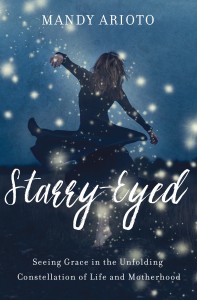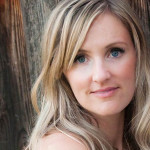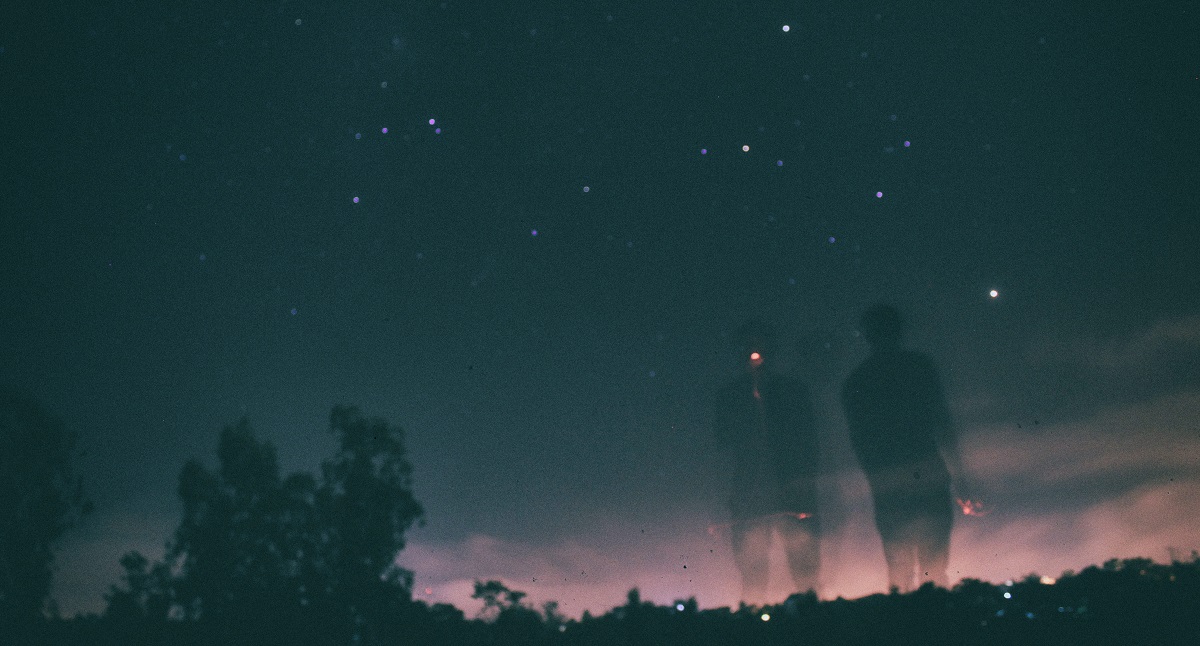Contact Us
 Nature is a storyteller infused with holy narratives. Maybe this is why so many faith traditions find the darkest time of year to be deeply spiritual. The winter solstice in particular is a day when seeking people throughout the world follow rituals to take notice of this long, dark night. The Essene Book of Days explains, “Ancient people used this time of ‘longest night’ to focus on the power of darkness. Not the negative image of darkness, but the richness of that unknown, dark, fertile, deep part in each of us wherein our intuitive, creative forces abide.”
Nature is a storyteller infused with holy narratives. Maybe this is why so many faith traditions find the darkest time of year to be deeply spiritual. The winter solstice in particular is a day when seeking people throughout the world follow rituals to take notice of this long, dark night. The Essene Book of Days explains, “Ancient people used this time of ‘longest night’ to focus on the power of darkness. Not the negative image of darkness, but the richness of that unknown, dark, fertile, deep part in each of us wherein our intuitive, creative forces abide.”
Just as life is woven together in the darkness of a womb, so too can our lives find gestation in the long dark of winter. The cold may not be comfortable, but sometimes life is about finding consolation in places of discomfort.
It seems to me that if we are to begin to notice and honor the natural rhythms of the universe, it will take a guttural sense of humility: an acknowledgement that the earth has existed for lifetimes before we breathed our first breath and will continue to exist long after we are gone. The ground underneath us right now has seen wonders of nature and civilization that our eyes will never see.
I love that the word humble is derived from the Latin word humus, which means “ground or dirt.” Humility, then—a coming to grips with our humanity and recognizing that we live in nature and are made of it—is the first step in owning that we may have things to learn from the womb of the earth that sustains us.
What would it look like if we started to welcome the ebb and flow of our internal and external seasons, so that we could come back into relationship with the rhythms of nature?
I began asking myself that question when my family and I moved from San Diego to Denver. By our second full winter in our new state, I realized that winter demands a different pace of living. So why was this so hard for me?
My intense need to achieve was the culprit. I felt the need to maintain a constant pace, and when the cold or darkness threatened to slow me down, I pushed harder to maintain, pretending that nothing should impede my ability to be productive. Especially in the month of December, when I was going crazy doing, buying, and showing up for the commitments and events the holidays necessitate. While I was running around at a breakneck pace, the ground was still and quiet; the magic of gestation was happening just below the surface. The days were short and the nights were long, but I continued at a pace worthy of high summer and wondered why I was tired and depressed. This is how I realized I was not utilizing the seasons effectively. In particular, I was missing out on the regenerative process that winter offers.
Last winter I found myself lying in bed, unable to push the covers back, so worn out that my body shouted to me and demanded that I rest. I conceded. I slept for a whole day and then laid in bed for a whole day after that. I stared at the barren trees and monochrome landscape outside my window. I read books that had been sitting on my shelf, waiting for the spare moment that I always anticipated happening but never did. And in that short period of two days, resting and daydreaming—luxuries I rarely allowed—restored my energy. The landscape outside reminded me that my own internal rhythm needed winter just as much as the world around me did. My soul and body longed to be in sync with the intentional time of rest and darkness. I needed to surrender to the womb time winter brings and to learn to appreciate the gift of darkness, as it invited me inward to restore my weary places.
Just as the earth experiences the long dark nights of midwinter, so too can our spiritual life. When I began to harmonize my life with the cycles of the seasons rather than pretending the different energies shouldn’t affect me, I noticed my inner life recalibrate in profound ways. One realization was that my spiritual life reflected the seasonal tides more than I was initially comfortable with. This meant I had to realize that, just like the different seasons offer more or less light, so too the divine light available to me ebbs and flows. There have been seasons in my journey with God that have felt like winter. And when the light was bleak, I furiously rubbed sticks together, trying to manufacture warmth and light. But my efforts were futile, because no matter how hard I tried to coerce the divine light, it was committed to a time of solstice. I learned that the long dark night wasn’t something to fight against. Rather, my job was to sit and rest without fear of the sun not returning in due time. I realized that I can trust the divine ebb and flow of light that is God’s presence.
I like these ideas, mostly because I am always looking for opportunities to infuse the ordinary with the holy. Here are some of the ways I have practiced surrendering to solstice energy.
Contemplating darkness. Darkness is soothing when I am exhausted and want to take a nap. I can think of numerous times when I was stuck in an airport due to delayed flights and felt desperate for a nap. Simply putting a sweatshirt over my eyes to block out the light was a small miracle. During the time of winter solstice, I intentionally recall the times when darkness was a gift. I create a ritual on the evening of the solstice, turning off all lights as the sun starts to set. I light a few candles and spend the evening reflecting on dark and light.
Burning and setting ablaze. I begin the evening of the solstice in darkness. I feel the darkness, the cold, the aloneness. Then I light a fire and feel the warmth and light that it brings. I get two pieces of paper, and on the first, I write down things I need to rid myself of—fears, anxieties, addictions, distractions. Then I burn that page in the fire. On the second page, I invite new light and inspiration into my heart as I enter mindfully into a new season. I pray over that page, asking God to set it ablaze, and for the fire to burn with warmth, strength, and passion. I end this ritual by giving thanks and gathering with people with whom I love to tell stories and share good conversation about our hopes for the future.
Taking a night walk. I notice the inky black sky and how early darkness has come. I appreciate how the stars and moon are offering their beauty during the prolonged evening.
Listening to my body. I allow it to rest, to sleep, to warm itself. Often it feels indulgent or selfish to care for myself. How can I find the time to take care my body and soul when all the other bodies around me have such pressing needs? It seems to me that somewhere along the journey we women have decided it is okay to run ourselves ragged as long as everyone else is taken care of. Maybe it is time to call a truce. To listen to what our bodies are saying. And just as we rush to care for a crying baby or a hungry toddler, we extend that same care to ourselves. We come home to ourselves and remember that our bodies and souls need the same care we give to the people we love the most.
Reading inspiring literature. I choose readings that birth creative imagery into the gray scale of the winter landscape. One of my favorites is this poem by Joyce Rupp:
“Winter’s Cloak”
This year I do not want
the dark to leave me.
I need its wrap
of silent stillness,
its cloak
of long lasting embrace.
Too much light
has pulled me away
from the chamber
of gestation.
Let the dawns
come late,
let the sunsets
arrive early,
let the evenings
extend themselves
while I lean into
the abyss of my being.
Let me lie in the cave
of my soul,
for too much light
blinds me,
steals the source
of revelation.
Let me seek solace
in the empty places
of winter’s passage,
those vast dark nights
that never fail to shelter me.
The rhythms of the earth are offering to guide each of us. May we let them do their work. The womb time that winter brings lends life to our bodies and breath to our souls.
*Portions taken from Starry-Eyed by Mandy Arioto. Zondervan 2016.

Mandy Arioto is the President and CEO of MOPS International, and is widely known for her unique takes on parenting, relationships, spiritual and cultural issues. Through MOPS, which influences millions of moms through thousands of groups internationally, Mandy serves as the voice of one of the most influential parenting organizations in the U.S. and around the world. She and her husband, Joe, live in Denver, Colorado with their three awesome kids. @mandyarioto
